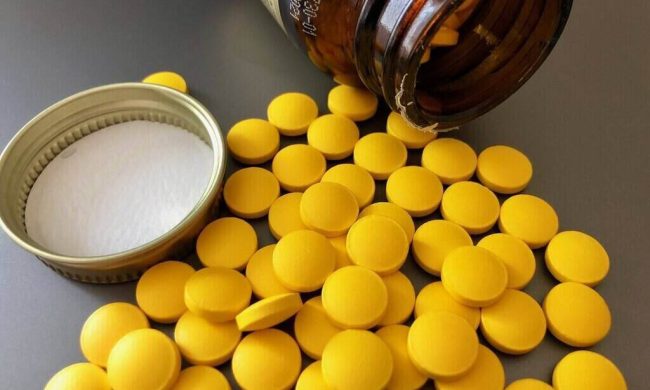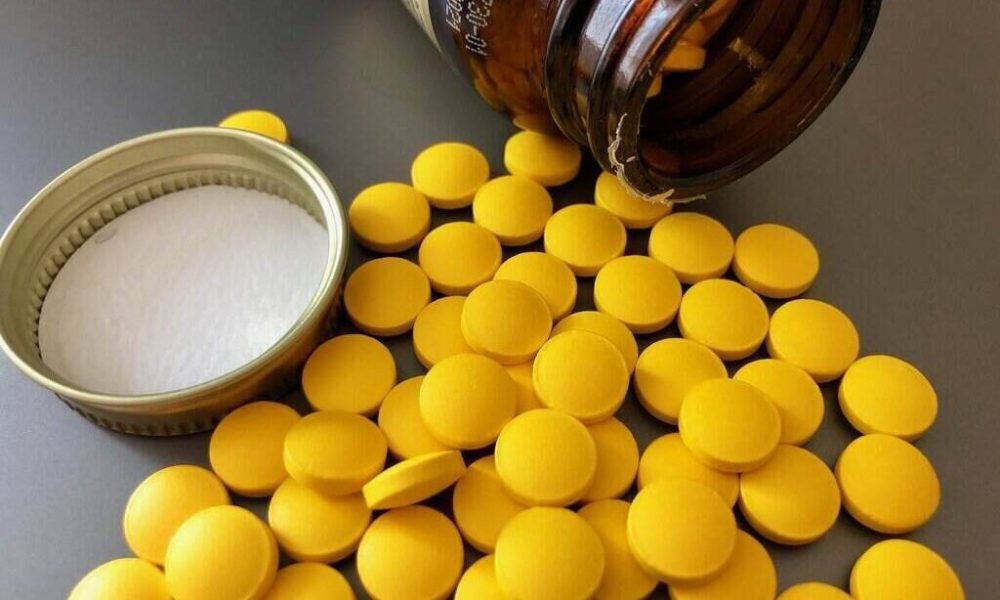|
Getting your Trinity Audio player ready...
|

Taking Vitamin D helps your body consume the calcium that it needs in order to have strong bones but also it is important for your immune system, muscle, and your nervous system, it is also helpful for other things: controlling glucose metabolism, and the reduction of dementia and the risk of getting cancer. You can find foods and drinks with vitamin D. Your body can’t get calcium without it. As a result, you will commonly find it in some dairy products. You also might find it in cereals, oatmeal, and orange juice.
For example, food manufacturers decided that having a good amount of vitamin D is a good way to start your day. Also, these foods are provided because they are easy to access for the majority of society. You can also get it from absorbing a good amount of sunlight when you go outside. Sunscreen stops you from receiving it from the sun. To shield yourself from getting skin cancer while increasing your usage of it, you should consider having a limited amount of time outdoors without using some sunscreen every day.
If you want a safe way to get this nutrient into your body, Some naturally occurring sources are:
- Trout.
- Salmon.
- Egg yolk.
- Mushrooms.
when your Vitamin level is low?
In adults, The symptoms they have :
- Pain in the bones and joints.
- Muscle weakness.
- Pain while exercising.
- Bones that break more easily.
- A change in how you walk.
- Muscle cramps.
- Pins and needles in the hands and feet.
In babies and children, not having a good amount of it can cause problems for them such as growth and bone deformities.
heart disease or diabetes.
Across the united states, heart disease is the main cause of death. As well as people having :
- Stroke.
- Low levels of vitamin D
Low vitamin D levels can make you sick, the opposite is also true. This vitamin performs to change your T cells which help’s your body fight off infection. The vitamin benefits are having a reduced risk of getting sick, also with the potential of having deregulated immune systems conditions like rheumatoid arthritis, and asthma. Vitamin D reduces the risk of depression.
What’s more, even if you aren’t living with major depressive disorder, low levels can contribute to having depressive symptoms like low mood and apathy. Taking too much can lead you to hypercalcemia, which means you have more than enough of calcium in your blood.
This can cause kidney stones, it also contributes to hardening in your blood vessels, lungs, and heart. Excess vitamin D supplements can upset your stomach, leading to nausea and vomiting. In fact, if you recently started taking these supplements and have been feeling queasy, it could be a sign that you’re overdoing it. Taking extremely high levels of vitamin D can cause toxicity.
One of the primary symptoms is intense dehydration. While some big supplement benefits the center around your brain, too much can cause the opposite effect. People taking a big amount often causes disorientation and confusion. If you still have low usage having this key nutrient after eating more vitamin D-rich foods and getting some sun, supplements can help you.
Your body must have vitamins to maintain strong bones, bolster your immune response and support your heart and brain health. Just make sure you monitor your amount levels. Around 600 to 800 IU a day should be enough unless your doctor tells you otherwise.
Written by Markita Thomas
Sources :
Harvard University: What does Vitamin D do?
CNET: 5 benefits of Vitamin D
Lloyds Pharmacy: Benefits of vitamin D supplements
Featured and Top Image Courtesy of Free photo on UkrMedia’s Flickr Page – Creative Commons License



